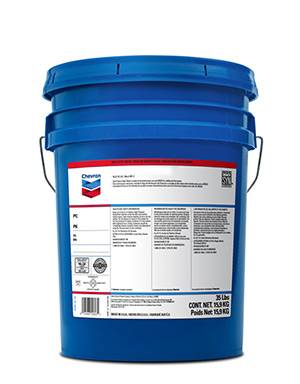Sep . 19, 2024 10:54 Back to list
ppr water pipe
Understanding the Importance of PPR Water Pipes
As plumbing technology advances, the materials used for piping systems evolve to meet the increasing demands for durability, efficiency, and safety. One of the standout materials in modern plumbing is Polypropylene Random Copolymer (PPR), known for its excellent properties and wide range of applications, especially for water supply systems. This article delves into the significance of PPR water pipes and why they have become a popular choice in both residential and commercial projects.
What is PPR?
PPR (Polypropylene Random Copolymer) is a thermoplastic polymer that is increasingly favored in the construction and plumbing industries. Unlike traditional materials such as metal or PVC, PPR pipes are lightweight, resistant to corrosion, and capable of handling high temperatures and pressures. This makes them ideal for both hot and cold water supply systems.
Key Advantages of PPR Water Pipes
1. Durability PPR pipes boast an impressive lifespan, often exceeding 50 years under typical usage conditions. They do not rust or corrode, which is a common issue with metal pipes. Their resistance to chemical damage also makes them suitable for various applications beyond just water supply, such as transporting chemicals and other fluids.
2. Low Thermal Conductivity Another significant benefit of PPR pipes is their low thermal conductivity. This property helps to maintain the temperature of the water within the pipes, reducing energy loss and improving overall energy efficiency in heating systems.
3. Easy Installation PPR pipes are lightweight and easy to handle, which simplifies the installation process. The joints can be fused together using heat fusion, creating a seamless, leak-proof connection. This method not only saves time during installation but also enhances the overall strength and reliability of the plumbing system.
ppr water pipe

4. Mold and Bacteria Resistance The non-porous nature of PPR pipes means that they are less prone to the growth of mold, algae, and bacteria, contributing to safer and cleaner drinking water. This advantage is particularly crucial for ensuring the health and well-being of households and communities.
5. Eco-friendly PPR pipes are recyclable, aligning with the growing global emphasis on sustainability. They are produced using non-toxic materials, making them a safer choice for both the environment and public health.
Applications of PPR Water Pipes
PPR water pipes are versatile and can be utilized in various applications, including
- Residential Plumbing Ideal for both hot and cold water supply, PPR pipes are widely used in homes for their efficiency and durability. - Commercial and Industrial Use Due to their chemical resistance, PPR pipes are frequently found in industrial applications, including factories and processing plants. - Heating Systems PPR pipes are commonly used in underfloor heating systems, where their ability to withstand high temperatures is beneficial.
Conclusion
The adoption of PPR water pipes represents a significant advancement in plumbing technology. Their unique properties, including durability, efficiency, and ease of installation, make them a preferred choice for many modern construction projects. As municipalities and homeowners seek reliable and sustainable piping solutions, PPR pipes stand out as a practical option for ensuring a safe and efficient water supply. Investing in PPR plumbing systems is not only a forward-thinking decision but also one that promises long-term benefits for users and the environment alike.
-
PVC Transparent Sheet Roll - Durable & Flexible PVC Plastic Sheet Roll for Industrial & Home Use
NewsJun.24,2025
-
High-Quality PVC PPR Pipes and Fittings Durable ERA PPR Solutions
NewsJun.10,2025
-
High-Quality Large HDPE Sheets & Large Diameter PVC Pipe Durable Large PVC Pipe Supplier
NewsJun.10,2025
-
High Density Polyethylene Cutting Board - Durable & Food Safe
NewsJun.09,2025
-
3 Inch PVC Pipe for Durable Irrigation Affordable & Reliable
NewsJun.09,2025
-
Premium PPR Plastic Water Pipe Fittings - Durable & Leak-Free
NewsJun.09,2025

